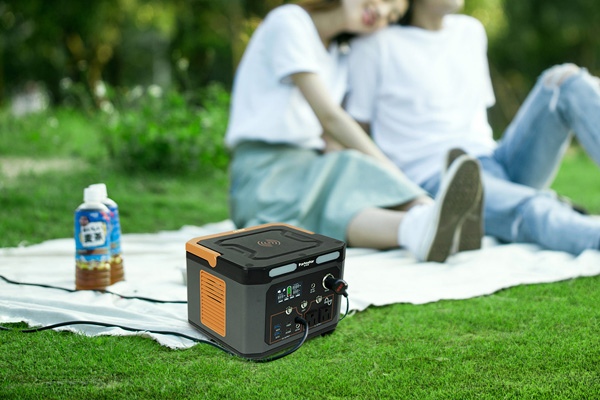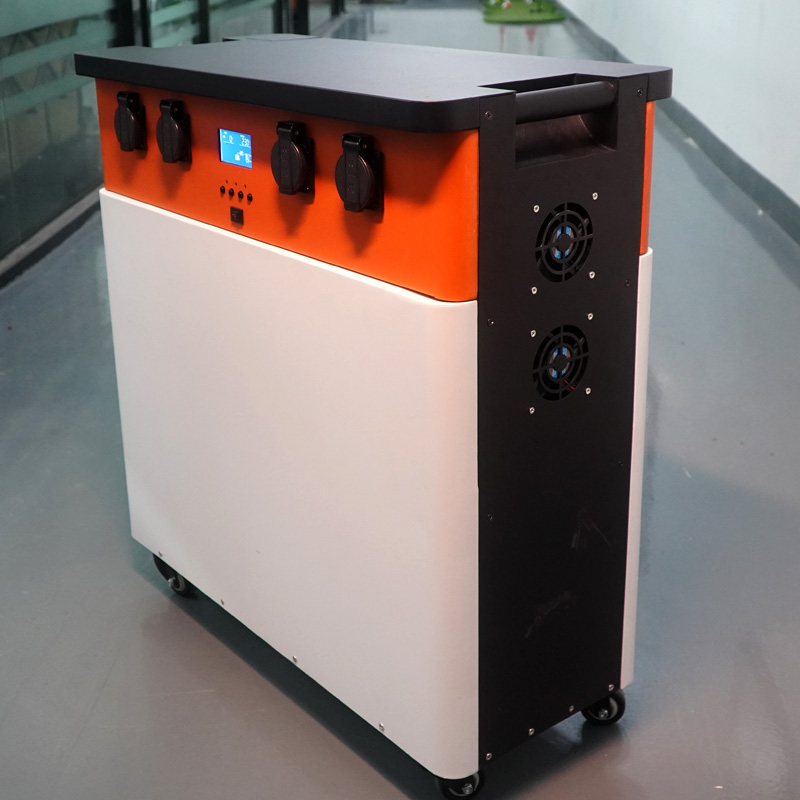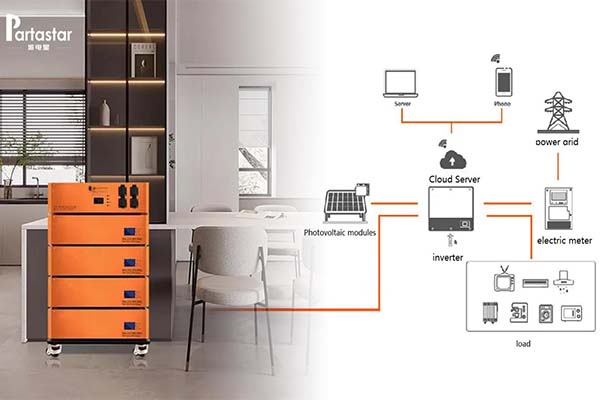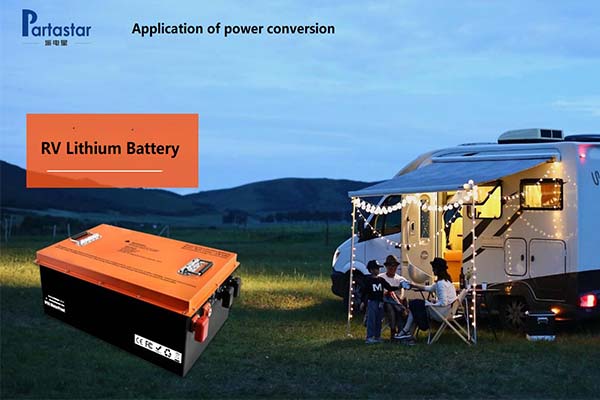Having a backup power supply for your home is essential during a power outage. However, determining how much backup power you need can be challenging. The amount of backup power you need depends on various factors, such as the size of your home, the number of appliances and devices you need to power, and the duration of the power outage. In this article, we will discuss how to determine how much backup power you need for your home.
1. Calculate Your Power Requirement:
The first step in determining how much backup power you need is to calculate your power requirement. This will help you determine the size of the backup power supply you need. To calculate your power requirement, you need to determine the wattage of the appliances and devices you need to power. You can find this information on the label or in the user manual.
2. Prioritize Your Power Needs:
During a power outage, it is essential to prioritize your power needs. Determine which appliances and devices are essential and which ones you can do without. Essential appliances and devices include refrigerators, freezers, medical equipment, and lighting. Non-essential appliances and devices include TVs, gaming consoles, and air conditioners. Prioritizing your power needs will help you conserve your backup power supply.

3. Determine the Duration of the Power Outage:
The duration of the power outage will determine how much backup power you need. If the power outage is expected to last for a few hours, a small backup power supply will be sufficient. However, if the power outage is expected to last for several days, you will need a larger backup power supply or multiple backup power supplies.
4. Choose the Right Backup Power Supply:
Once you have determined your power requirement, prioritized your power needs, and determined the duration of the power outage, you can choose the right backup power supply. Generators are the most common backup power supply. They are available in various sizes and can provide power for your entire home or business. Solar power is another excellent backup power supply if you live in an area that receives a lot of sunlight. Battery backup systems are becoming increasingly popular as a backup power supply. They consist of a battery bank, an inverter, and a charge controller. Fuel cells are a relatively new backup power supply. They use hydrogen and oxygen to produce electricity.
5. Consider the Size of Your Home:
The size of your home will also determine how much backup power you need. A larger home will require a larger backup power supply. It is essential to choose a backup power supply that can provide enough power for your entire home or business.
Determining how much backup power you need for your home depends on various factors, such as the size of your home, the number of appliances and devices you need to power, and the duration of the power outage. Calculating your power requirement, prioritizing your power needs, and determining the duration of the power outage will help you choose the right backup power supply. Generators, solar power, battery backup systems, and fuel cells are all viable options for backup power supplies. It is essential to have a backup power supply in place and to be prepared for a power outage.



